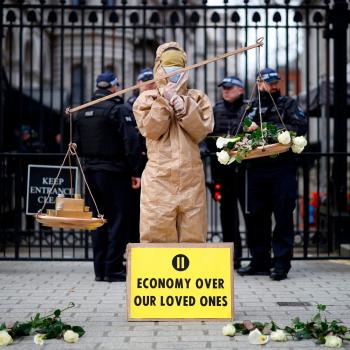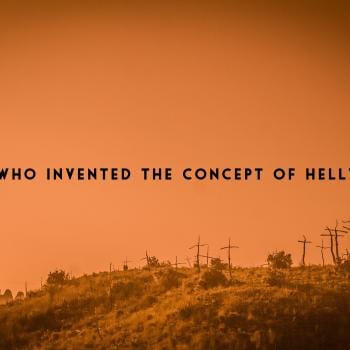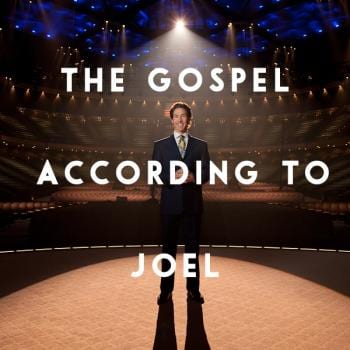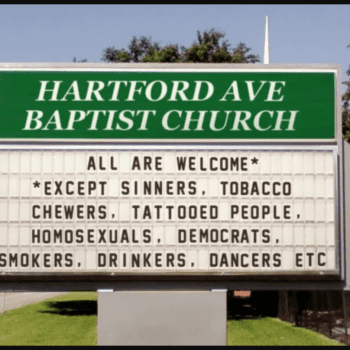What is Cognitive Dissonance…?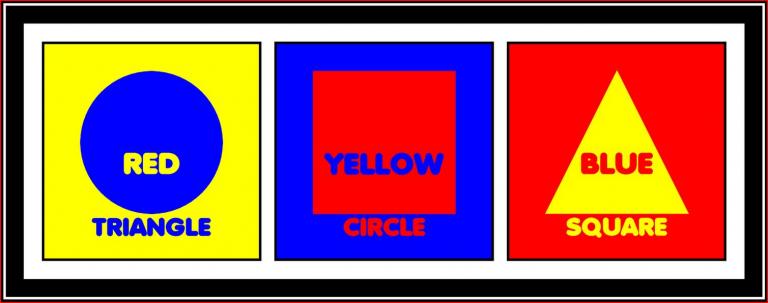
Cognitive dissonance: “In psychology, cognitive dissonance is the mental stress or discomfort experienced by an individual who holds two or more contradictory beliefs, ideas, or values at the same time; performs an action that is contradictory to their beliefs, ideas, or values; or is confronted by new information that conflicts with existing beliefs, ideas or values. Leon Festinger’s theory of cognitive dissonance focuses on how humans strive for internal consistency [2].”
- We want to end abortion yet, turn a blind eye on single mothers and orphans.
- We’re called to love the poor yet, vote for men who we know will strip them of their benefits.
- Or, the exchanging money for sex is prostitution unless there’s a camera then she’s an actress.
The Shortcut…
So, as I was sitting there in church… the pastor was speaking, my mind was distractedly churning, trying to figure out why, just why, I went back; what I came to find was that it wasn’t simply because it was familiar to me but, it was because I was yearning for a connection with God and His community that I was absurdly taught to believe I could only find on a Sunday morning within a church building.
You see, it’s not that there’s absolutely no “shortcut” to reconciling the cognitive form of dissonance standing in between our faith and God…
The shortcut is easy: You just jump ship.
Saying it less figuratively, you dissociate.
But as many of us self-professed “eXvangelicals” are slowly but steadily and however painfully coming to find: jumping ship or “dissociation” from the church is simply not an option for people such as us.
What I mean by this is that when we left the institution, the passion within us to incarnate the Gospel stayed with us… This passion, or “Spirit” as some might call it, it’s like the very marrow in our bones or the blood coursing through our veins, whether we like it or not, it’s what gives us life…
Serving others. Washing the feet of the downtrodden. Loving our enemies. Walking with and alongside the poor and powerless…
As Jeremiah says:
“But if I say, “I will not mention his word or speak anymore in his name,” his word is in my heart like a fire, a fire shut up in my bones.
I am weary of holding it in; indeed, I cannot.
Jeremiah didn’t do or say these things because it was “fun” or instantaneously gratifying… Similarly, Jesus didn’t hang out with the Pharisees, tax collectors, or “sinners” due to an obligation; He spent time with them because He genuinely loved them.
The harsh reality of this is the fact that none of us are Jesus; we’re flawed people on the same level as everyone else (despite what the “constructs” have taught us). And, with this humble understanding, we must meditate on the fact that it’s so much easier and instantaneously gratifying to cast a stone than it is to look in the mirror…
What if what we hate in the Church is also what so many of us hate within ourselves?
If we allow ourselves to feel as we’re reading this above question it might take some time to process our own dissonance in order to experience the psychological phenomenon called “conviction.”
It’s remembering and recognizing that we’re all walking contradictions. Going through life learning but, painfully, never changing and only repeating the same self-defeating habits that contradict our very life goals and “God-given” purposes being nothing but, fiercely devoted to whatever makes us temporarily happy at the known cost of being miserable later.
In a culture of outrage and hyper-vigilance accentuated by social media we must, as Christians, be ever more “quick to hear, slow to speak, slow to anger (James 1:9).”



